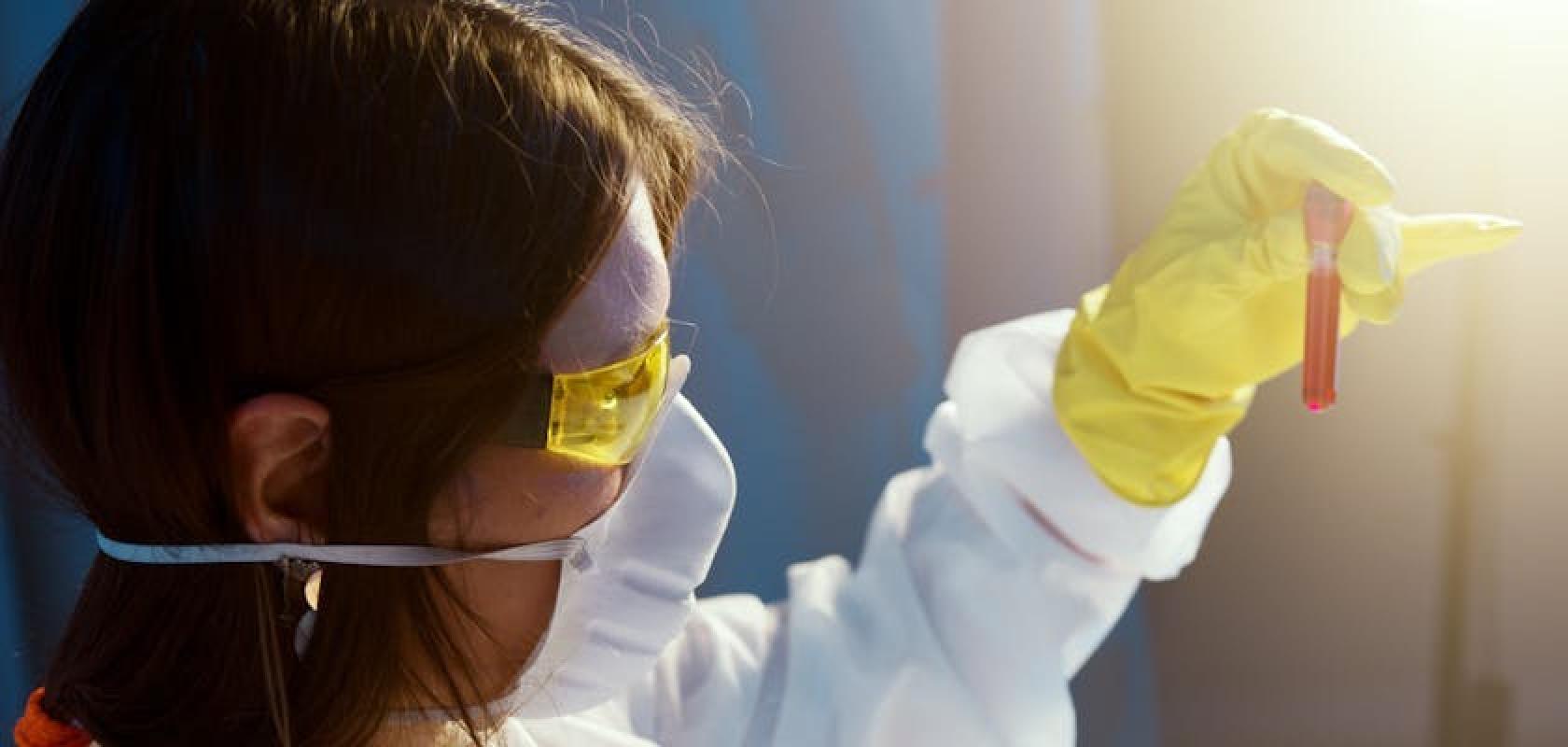Researchers from Ludwig-Maximilians-Universität München and the Max Planck Institute of Quantum Optics have unveiled a novel approach to health screening that leverages plasma infrared fingerprinting combined with machine learning (ML), offering a more efficient and accurate diagnostic tool.
This innovative infrared spectroscopy method, outlined in Cell Reports Medicine, promises to use photonic technology and ML to screen small blood samples, advancing the way multiple phenotypes are detected in a single measurement.
Harnessing light when assessing health status
By utilising infrared light, the technique captures detailed plasma fingerprints, which are unique to each individual’s health status. These fingerprints are then analysed using sophisticated ML algorithms, enabling the identification of various health conditions from a single sample.
In this way, the integration of photonics and artificial intelligence not only enhances the precision of the screenings but also significantly reduces the time required for diagnosis.
The approach was tested with more than 5,000 blood samples using Fourier transform spectroscopy, an approach which involves shining infrared (IR) light through plasma and measuring how molecules absorb light at different wavelengths. From this, results showed that samples contain valuable information for health screening. The AI system was also able to detect patients who were likely to stay healthy over the investigated years.
Enhancing accuracy and efficacy in screenings
The key to this technology lies in its ability to detect subtle variations in the IR spectra of plasma samples. Traditional health screening methods often require multiple tests and samples to diagnose different conditions. However, with plasma infrared fingerprinting, a single measurement can provide comprehensive insights into an individual’s health.
The approach is particularly beneficial for early detection of diseases, where timely intervention can make a significant difference. For example, the study reports that the approach can allow healthcare providers to forecast metabolic syndrome within 6.5 years pre-onset.
In addition, the research details how reporting on prediabetes could present an intervention that may prevent or delay the onset of type 2 diabetes that would, in turn, reduce the incidence of atherosclerotic cardiovascular disease, kidney disease, vascular dementia, and Alzheimer’s disease.
The sensitivity and specificity of the infrared fingerprinting method is thought to surpass those of conventional techniques, making it a powerful tool for healthcare providers. At the same time, the use of ML ensures that the system continuously improves its accuracy as it processes more data, allowing for continual improvement in the provision of reliable health screenings.
“It still remains to be proven whether decades-long health state trajectories can be decoded with IR fingerprinting,” the paper concludes. But for now, it remains an area of exciting photonic promise.


